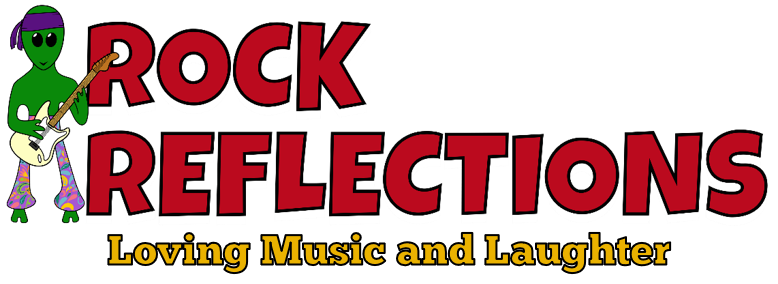Roger Waters of Pink Floyd talks about how the loss of Syd Barrett affected the band and was the inspiration for the title track on the album "Wish You Were Here".
The Conversation
wish you were here what's the story
behind that
song it's one of those strange songs
that came to me very easily because
David Gilmore had been playing The
Ref and I'd been listening to it and
going what's that and he played it I
said play that again and I so I learned
it and I said and then what happens and
he said no that's it and I went I like
it and he yeah I said so do you mind if
I see what happens next and so I played
a few chords and wrote the song very
very
quickly as I recall probably in an
hour um so it was one of those happy
times
when stream of Consciousness works and
words come out that have meter and
meaning and a musical and fit a melody
and and
um uh so I don't try
to investigate them too much you know it
would feel a little bit like
investigating a butterfly you end up
with dust and a few broken bits you so
it was when we were making the record
wish you were here which was all about
absence and it was to some extent about
the loss of Sid Barett who had um
succumbed to mental illness seven or
eight years before
so I don't know we're just two lost
souls swimming in a
fishbowl what do you want the world to
know about Sid Barrett you know he was a
Charming
ulent
talented
friend and I miss him but I've been
missing him since
you know because he succumbed to
some sort of mental illness which you
might call schizophrenia you can you
kind of call the that combination of
symptoms anything you want but the fact
is that it if it happens to somebody it
prevents them from communicating with
their friends loved ones with anybody
they they become they really do develop
a war and S developed a war and and and
it was extremely sad but he was he was
very talented but the work is there and
um people love him and people love his
work and new people discover the songs
that he wrote as the years go by well
among the many the things I am not is a
psychologist but it occurs to me that
besides the case of Sid Barrett I wish
you were
here you lost your father your father
was a hero of World War I he lost him
when you were very young uh in battle in
Italy is there some remnant of that also
in wish you were here mean I would
understand if you said to yourself I
wish my father had been along I might be
a better man if my father had lived past
the war and also I would think you tell
me I wish my father could see what I
made of
myself any strain running back to your
father I wish you were here of course
yeah everything goes back to my father
and my mother who who is who's who died
a few years
ago but yeah absolutely my father has
been a central figure in in
everything
um when I was doing the Wall tour every
gig that we do uh we had uh wounded
men at half time I would always go and
say hello to them and one particular
show there was an old guy there he put
his hand outside took his and he
wouldn't let go of my hand like that and
he looked me in the eye and he I can't I
find it hard to say this but he and he
said to me your father would be proud of
you and I I I welled up and you know I S
as I went to the stage to do the second
half but it just shows how powerful it
is all those years later that you can be
moved to tears just by somebody saying
that
that is in quite a lot of poems that
I've written about how do you stay
inspired I would think by this
time it might be hard to get inspired
what it's no secret you're in you
now yeah
well same way you do I would imagine not
that we've ever met before but I know
your work and
uh um you have an attachment to
ity which is uh in some ways academic
but in many ways visceral and I know
that you to be a man who has his his
finger on the pulse of what's going on
amongst the human beings who live on
this more fragile world of us and cares
about them and if you care about the
other human beings that are alive now or
that may be alive in the
future
um that's all the inspiration you need
in fact it it's so much inspiration that
it's extremely difficult to cram
everything that one would want to do and
this so if I if I divide my time between
my music or my little bit of activism
here or there it's it's it's hard to
find the hours in the day to cram it all
in

